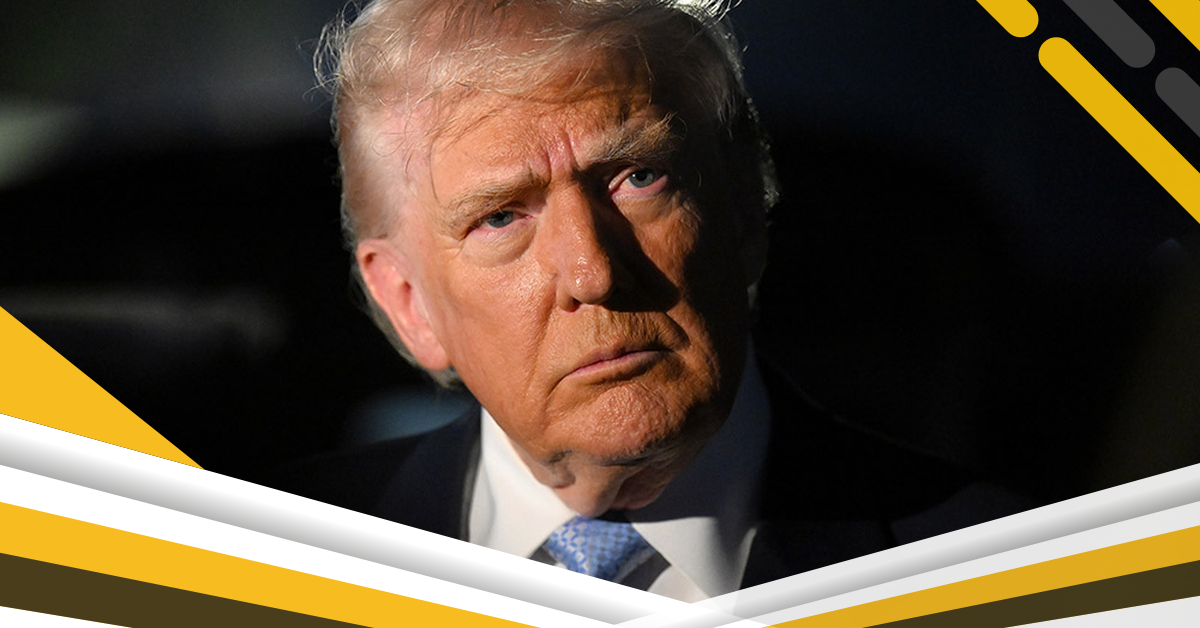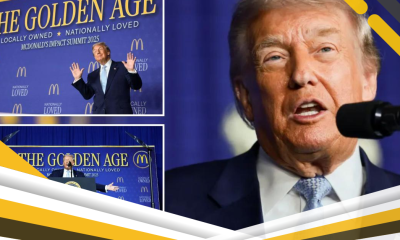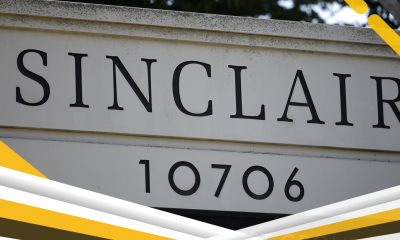BBC ‘Determined to Fight’ Potential Trump Lawsuit, Chair Says: ‘There Is No Basis for a Defamation Case’

The British Broadcasting Corporation (BBC) finds itself in a resolute stance against the threat of a defamation lawsuit from former U.S. President Donald Trump. At the heart of the dispute is a “Panorama” documentary, which Trump alleges contained edited footage of his January 6, 2021 speech. BBC Chair Samir Shah has publicly affirmed the broadcaster’s determination to contest any legal action, stating unequivocally that there is “no basis for a defamation case.”
The Genesis of the Dispute: The Panorama Documentary
The controversy stems from a “Panorama” documentary, which reportedly featured an edited clip of Donald Trump’s speech delivered on January 6, 2021, prior to the Capitol riot. Trump and his legal team have vehemently argued that the editing misrepresented his remarks, creating a misleading impression. This alleged misrepresentation forms the core of his threatened legal action, with reports indicating his intent to sue the BBC for sums ranging from $1 billion to potentially $5 billion for defamation.
BBC Leadership’s Unwavering Stance
BBC Chair Samir Shah has been clear in his communication to staff regarding the potential legal challenge. In an internal email, Shah addressed the widespread speculation surrounding a lawsuit and its potential financial implications, particularly concerning the costs or settlements.
Shah emphasized the BBC’s acute awareness of its public funding and its responsibility to protect its license fee payers, the British public. He explicitly stated, “our position has not changed. There is no basis for a defamation case and we are determined to fight this.” This declaration underscores the corporation’s confidence in its journalistic integrity and its readiness to defend its reporting in court.
The Editing Controversy and Corporate Response
The “Panorama” scandal gained significant traction following a leaked memo, published by The Telegraph, which accused the BBC of editing Trump’s speech to make it appear as though he encouraged the January 6 riots.
The controversy led to notable leadership changes within the BBC, including the resignations of Director-General Tim Davie and CEO of News Deborah Turness.
Trump’s lawyers formally demanded a full retraction of the documentary, an apology, and financial compensation to “appropriately compensate President Trump for the harm caused.”
In response, the BBC issued an apology to Trump, acknowledging regret for the manner in which the video clip was edited. However, the apology was coupled with a firm refusal to offer any compensation. A BBC spokesperson clarified that while the corporation “sincerely regrets the manner in which the video clip was edited,” they “strongly disagree there is a basis for a defamation claim.” Furthermore, the BBC confirmed it had no plans to rebroadcast the documentary, titled ‘Trump: A Second Chance?’, on any of its platforms.
Understanding Defamation in the Public Eye
Defamation law typically requires the plaintiff to prove that a false statement of fact was made, published to a third party, caused harm to their reputation, and was made with a certain level of fault. For public figures like Donald Trump, the standard for proving defamation is particularly high in many jurisdictions, often requiring proof of “actual malice” – meaning the statement was made with knowledge of its falsity or with reckless disregard for the truth. The BBC’s stance suggests a belief that their actions, even with an acknowledged editorial error, do not meet this stringent legal threshold for defamation.
Upholding Editorial Independence and Public Trust
The BBC’s resolute stance against Trump’s potential lawsuit also reflects a broader commitment to upholding editorial independence. As a publicly funded broadcaster, the BBC often faces scrutiny and pressure from various political and public figures. Defending against such legal challenges is crucial for maintaining journalistic freedom and ensuring that reporting is not unduly influenced by external threats. The corporation’s emphasis on protecting license fee payers underscores its dedication to responsible stewardship of public funds, even in the face of costly legal battles.
Current Status of the Potential Lawsuit
As of November 2025, while the BBC has expressed its firm intention to fight any legal action, former President Trump has yet to officially file a lawsuit against the broadcaster. The situation remains a potential legal challenge, with the BBC maintaining its position that any defamation claim would lack merit.
Conclusion
The BBC’s determination to fight a potential defamation lawsuit from Donald Trump highlights a significant ongoing dispute concerning journalistic integrity, editorial practices, and the legal boundaries of media reporting. With BBC Chair Samir Shah stating there is “no basis for a defamation case,” the broadcaster has made its position unequivocally clear. While an apology was issued for an editing error, the BBC remains steadfast in its refusal to offer compensation and its commitment to defending its editorial independence and the interests of its license fee payers against any formal legal challenge.












